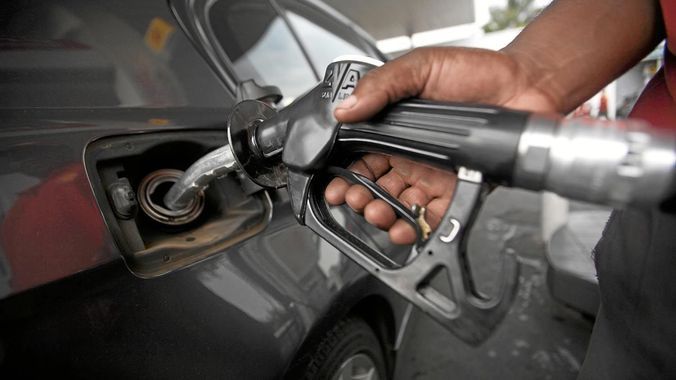Barbing and hairdressing salons, soft-drink shops and others who rely on power to run their businesses have hiked their prices in Kaduna due to the persistent fuel scarcity.
reports that the prices have been hiked by over 50 percent in many of the shops as the scarcity of petrol used to power generating sets have continued to ravage Nigeria.
Alhaji Ibrahim Mustapha, the owner of a beauty salon located at the heart of Kakuri-Kaduna, told our correspondent that he has been using a generator to power his shop anytime there is no electricity.

“Since I opened this shop in 2018, I have not used electric power for three hours. I rely mostly on my generator. I buy fuel every day. But now that fuel has become a scarce commodity, I buy black market, which sometimes is double what I have to pay if it were in the filling station.”
Also, Mr Samuel Briganma who runs a barbershop expressed dismay over the continuous fuel scarcity.
“I am tired of this country as if we don’t have a leader at all. There is no job, the government keeps telling us to be self-reliant but after putting your efforts to have something doing, with your money again, you can’t get what you want,” he said.
” What becomes the gain of having one representing you? Or having someone, as your state governor, or house of representative members? They are not representing anyone but themselves, family and friends.”
Also speaking, 45-year-old Rhoda Musa said she spent N3,000 against N1500 just to dress her hair.
On his part, John Bulus said he paid N300 against N200 to have a low cut, adding that the barber had put a notice to all customers that the price will be reviewed with effect from April 1, 2022, if the scarcity of fuel persists.
Also speaking, Alhaji Suleman Abdullahi, who sells soft drinks, said the price of 60cl Pepsi goes for N120 as against N100. This he said also applies to others.
According to him, the supplier had increased the prices, citing the cost of production and transportation as reasons.
Kaduna residents have been badly hit by the fuel scarcity as many of them cannot use their generating sets and have to ensure the electricity distributing company’s inability to supply its customers. Continue Reading







